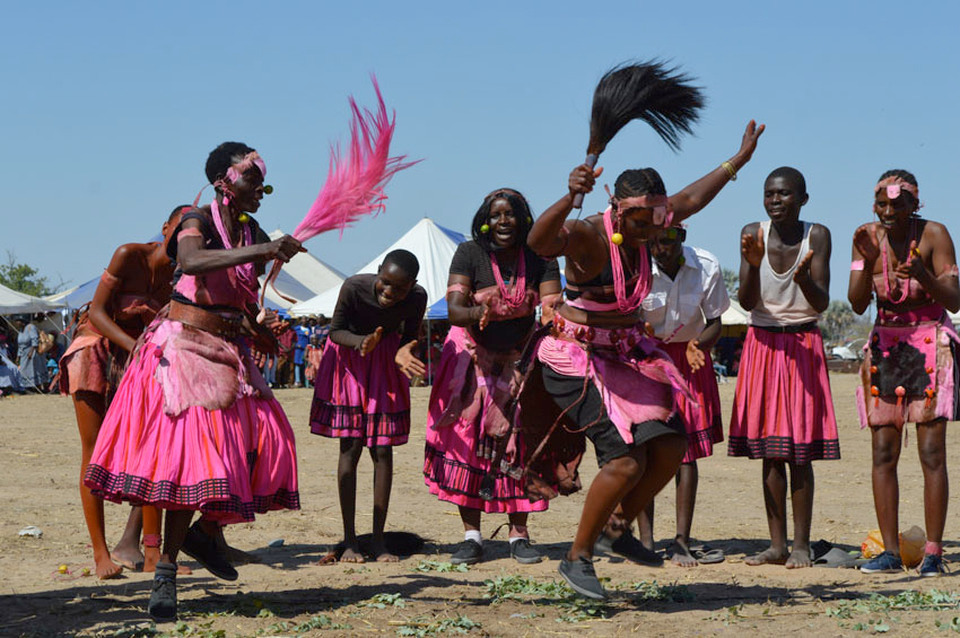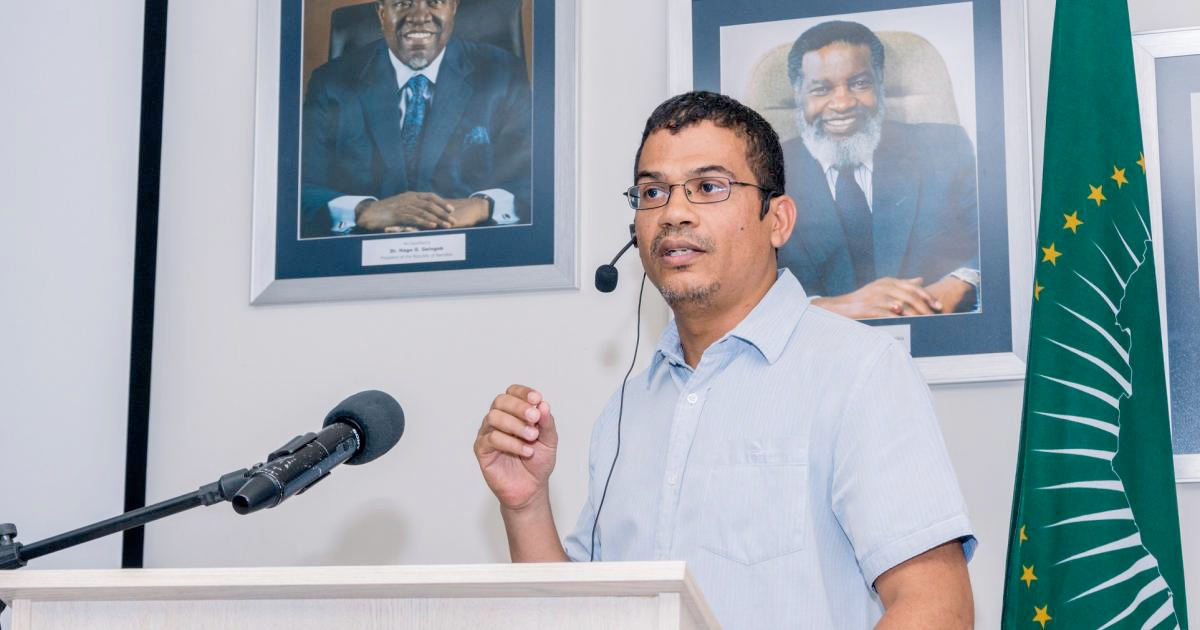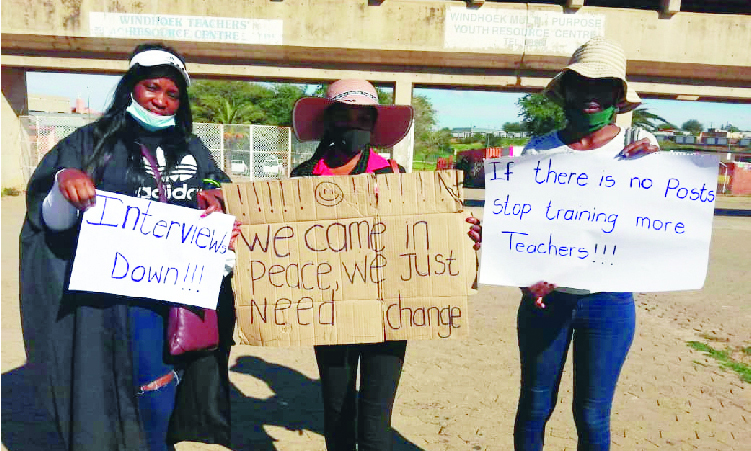Namibia is expected to house at least 2 000 more millionaires in the next 10 years, a wealth report states.
This is an increase of 85% from the current 2 300 millionaires who have N$19 million (approximately US$1million) at their disposal.
The report says Namibia is driven by its status as one of Africa’s top 10 wealthiest nations, attracting significant investments and high-net-worth individuals from abroad.
As of December 2023, there were approximately 2 300 individuals in Namibia with a wealth exceeding US$1 million (around N$19 million) and three individuals with a wealth of over N$1 billion.
The Africa Wealth Report 2024 was released yesterday by international wealth advisory firm Henley & Partners.
It shows that Namibia saw an increase of 32% in its millionaire populations from 2013 to 2023.
“The country’s inclination towards offering residence by investment, coupled with its resource-rich economy and strategic location, is expected to attract global investors,” the report states.
It says Swakopmund and Windhoek are among Africa’s top eight fastest growing cities.
Millionaires attracted by the coastal town increased by 43%, ranking Africa’s fourth wealthiest city, followed by Morocco’s Marrakech in third place, Rwanda’s capital, Kigali, in second place, and Mauritius’ Grand Baie in first place.
“Namibia’s Swakopmund is an increasingly popular retirement destination for South African and German high net-worth individuals, known for its beautiful beaches and historical buildings.
“Affluent parts of Swakopmund include Vogelstrand and nearby Langstrand, which is located just outside of the city,” the report states.
Meanwhile, Windhoek saw a 30% increase in millionaire populations, placing it as Africa’s eighth fastest-growing city.
“An economic centre of Namibia, Windhoek’s affluent suburbs include Ludwigsdorf and Klein Windhoek. There are also a growing number of eco-estates on the outskirts of the city attracting high net-worth individuals, including Finkenstein Estate,” the report states.
It further shows that Namibia, with its uranium, diamonds, copper and gold reserves is attracting global attention.
Recent discoveries of offshore oil and gas further underscores the continent’s resource potential.
“Harnessing these resources sustainably and translating them into broadbased prosperity would be a defining challenge for African leaders,” the report states.
INEQUALITY PROBLEM
After South Africa, Namibia continues to rank as the second-most unequal country in the world.
This, if not addressed, will hinder how new wealth would trickle down to address the poverty challenges facing the country, economist Josef Sheehama says.
“Inequality has been rising. There is a need for more responsive policies to combat inequality. The current high levels of inequality are likely to persist or even rise further.
“High and rising inequality entails adverse economic, social and political consequences,” he says.
Sheehama says while the influx of millionaires to Swakopmund and Windhoek may create employment opportunities for residents of those areas, it will not improve the living standard of the average Namibian.
“This will not alleviate poverty, nor improve living standards, as the high net worth will pay low salaries as there will be plenty of people who need employment,” he says.
Overall, Africa’s millionaire numbers are expected to rise by a healthy 65% over the forecast period, with solid growth projected in most major cities.
Key wealth-creating industries are expected to be fintech, eco-tourism, business process outsourcing, software development, rare metals mining, green tech, media, entertainment and wealth management.
Read more: Millionaires in Namibia to increase by 2000 by 2034https://www.henleyglobal.com/publications/africa-wealth-report-2024
Stay informed with The Namibian – your source for credible journalism. Get in-depth reporting and opinions for
only N$85 a month. Invest in journalism, invest in democracy –
Subscribe Now!










